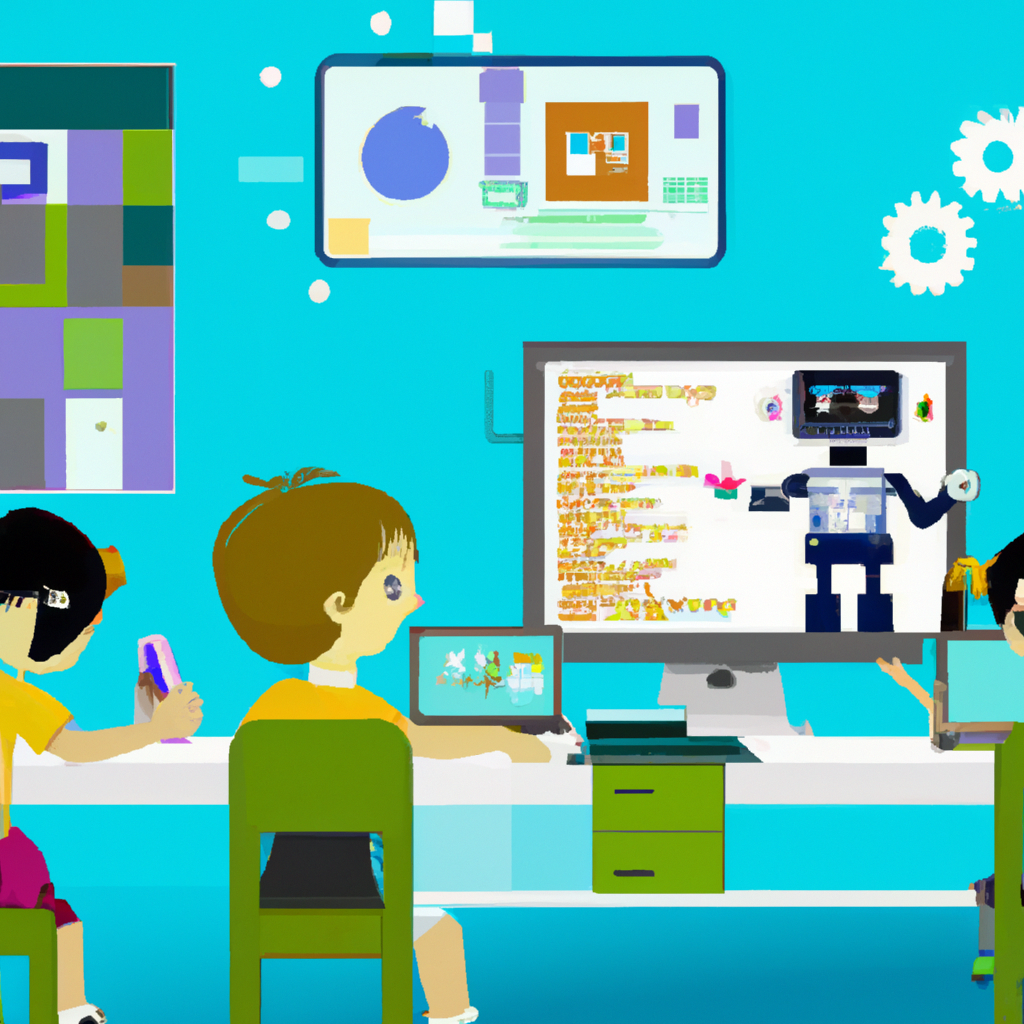Coding Education for Kids: Building Future Innovators
Coding has become an essential skill in today’s digital age, and learning to code at a young age can set children up for success in the future. By teaching kids how to code, we are not only preparing them for careers in technology but also fostering important skills such as problem-solving, creativity, and logical thinking. In this article, we will explore the benefits of coding education for kids and how it can help build future innovators.
The Benefits of Coding Education for Kids
There are numerous benefits to teaching kids how to code:
- Problem-solving skills: Coding involves breaking down complex problems into smaller, manageable tasks and finding solutions. This teaches kids how to approach challenges methodically and think critically.
- Creativity: Coding allows kids to express their creativity by creating their own projects, games, and websites. It encourages them to think outside the box and come up with innovative solutions.
- Logical thinking: Coding is all about following a set of instructions in a logical sequence. This helps kids develop their logical thinking skills and understand cause and effect relationships.
- Future career opportunities: As technology continues to advance, there is a growing demand for skilled programmers and developers. By learning how to code at a young age, kids can prepare themselves for lucrative and fulfilling careers in the future.
How Coding Education Can Build Future Innovators
By introducing kids to coding early on, we are nurturing the next generation of innovators and problem solvers. Here are some ways in which coding education can help build future innovators:
- Fostering creativity: Coding allows kids to unleash their creativity and imagination by creating their own projects. Whether it’s a simple game or a complex app, coding empowers kids to bring their ideas to life.
- Encouraging persistence: Coding can be challenging, but it also teaches kids the value of persistence and resilience. By debugging errors and troubleshooting issues, kids learn to persevere and not give up easily.
- Promoting collaboration: Coding often involves working in teams to tackle larger projects. Kids learn how to communicate effectively, share ideas, and collaborate with others to achieve a common goal.
- Cultivating problem-solving skills: Coding teaches kids how to break down complex problems into smaller, manageable parts and find creative solutions. These problem-solving skills are valuable not only in programming but also in various aspects of life.
Conclusion
In conclusion, coding education for kids is crucial in building future innovators who are equipped with the skills and knowledge to thrive in a technology-driven world. By teaching kids how to code, we are empowering them to think critically, be creative, and solve problems effectively. As parents, educators, and mentors, it is our responsibility to provide children with the opportunity to learn and explore the exciting world of coding. Let’s inspire the next generation of innovators and help them shape a brighter future for all.
